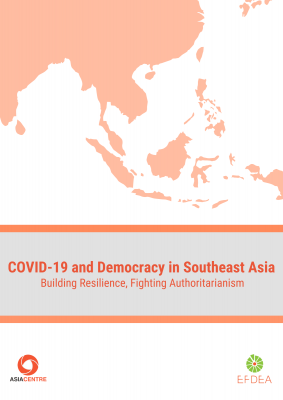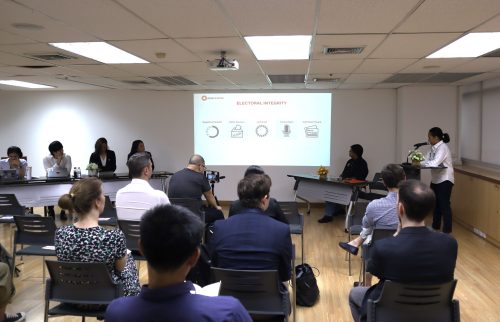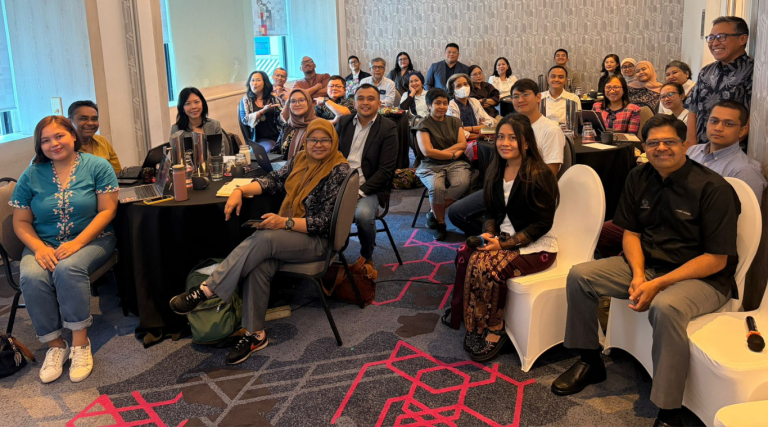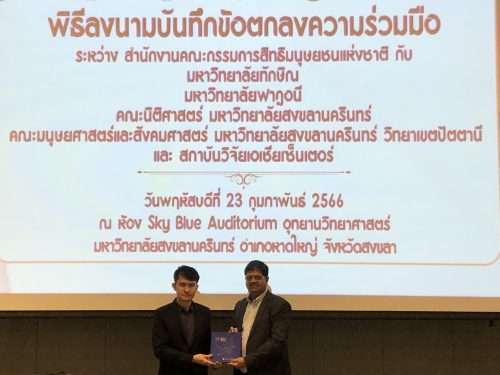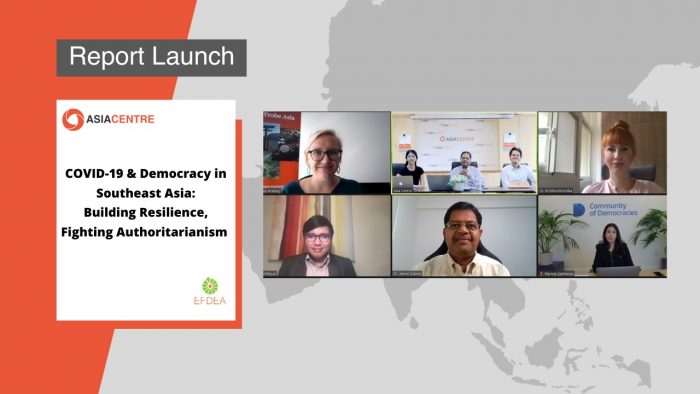
On 9 December 2020, Asia Centre released its baseline study “COVID-19 and Democracy in Southeast Asia: Building Resilience, Fighting Authoritarianism”. This report examines the state of democracy and human rights in the region, from 1 January 2020 to 30 November 2020, and the accelerated regression thereof due to COVID-19.
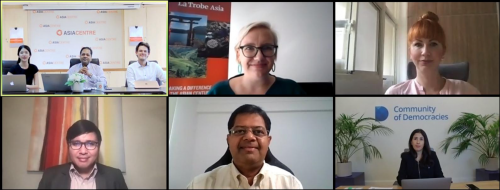
The report was presented by Dr. James Gomez, Regional Director of Asia Centre. Following the unveiling, key themes of the report were discussed by Dr. Rebecca (Bec) Strating, Executive Director, La Trobe Asia, La Trobe University; Dr. Kristina Kironska, Researcher, Palacky University of Olomouc; Celito Arlegue, Executive Director, Council of Asian Liberals and Democrats (CALD); and Patricia Galdamez, Permanent Secretariat, Community of Democracies. Dr. Robin Ramcharan, Executive Director of Asia Centre, moderated the event.
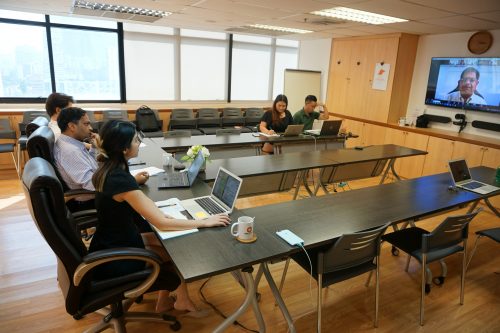 The report’s key finding notes that COVID-19 has accelerated the regressionof democracy in Southeast Asia, which has over two decades and several crises been a focus of government attacks. Government responses to crises, in line with regression over two decades, have built on one another.
The report’s key finding notes that COVID-19 has accelerated the regressionof democracy in Southeast Asia, which has over two decades and several crises been a focus of government attacks. Government responses to crises, in line with regression over two decades, have built on one another.
Building on the findings of the report, Dr. Gomez added that there is a real risk of governments expanding these temporary laws to be long-term laws and practices that will further shrink civic space.
Dr. Rebecca (Bec) Strating, assessed the report’s findings under the lenses of international relations, by noting the geopolitical impact of flailing US power in the region as China’s autocratic reach expands. Dr. Kristina Kironska, expanded on the reports’ electoral democracy findings by noting how the pandemic’s emergency laws have expanded the authority and reach of “those in power”, especially in Myanmar during the country’s general elections in November.
Celito Arlegue, noted that despite the far reaching presence of authoritarianism in the region, democratic practices to contain a crisis can not be argued as ineffective; and later expanded on the necessity of democracy activists and defenders to be creative and innovative. Patricia Galdamez, provided an overview of the impacts that COVID-19 has had on democracy and human rights – globally; emphasising that public access to the internet, and the protection of Freedom of Association, must be guaranteed.
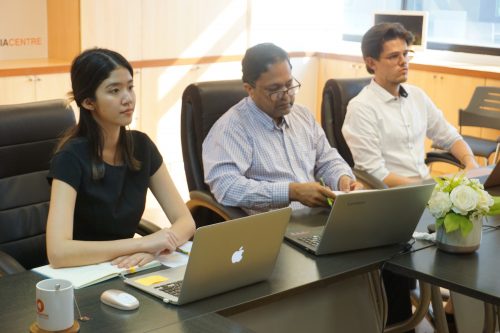 Following the contribution of discussants, Dr. Robin Ramcharan led the Q&A session where participants could send pressing questions to speakers. After this session, Dr. Ramcharan made his closing remarks and emphasised the importance of a strong civil society, working alongside governments, in post-COVID-19 recovery efforts.
Following the contribution of discussants, Dr. Robin Ramcharan led the Q&A session where participants could send pressing questions to speakers. After this session, Dr. Ramcharan made his closing remarks and emphasised the importance of a strong civil society, working alongside governments, in post-COVID-19 recovery efforts.
The report’s main recommendation is to shore up civil society by increasing their involvement internationally, giving them a voice at muli-lateral discussions and to ensure they are adequately resourced and supported so they can continue to occupy and operate in the civic space.
COVID-19 and Democracy in Southeast Asia: Building Resilience, Fighting Authoritarianism was released to mark the United Nations’ International Human Right Day, 10 December 2020, with its theme of ensuring human rights are central to COVID-19 recovery efforts.
Watch the report launch here, and download the report here.
Read thematic opinion pieces based on the report’s findings in The Bangkok Post, Jakarta Post and Australian Outlook.
*This report is a collaboration between Asia Centre and Empowering Fundamental Freedom Defenders in Southeast and East Asia.

